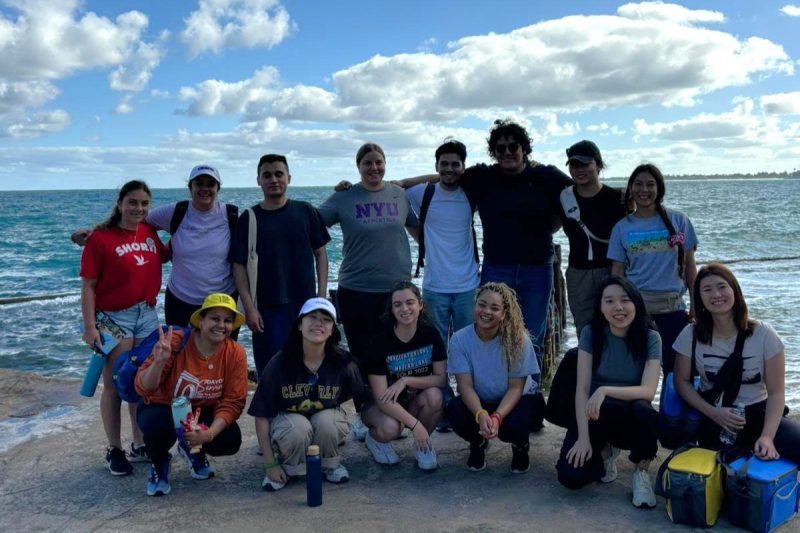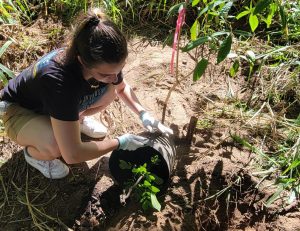
Restoring coastal ecosystems is the main goal of the Coalición para la Restauración de los Ecosistemas Santurcinos (CRES) de Puerto Rico. Founded by anthropologist Yvette Núñez Sepúlveda and biologist Juan Murcia in 2014, the organization started with a focus on protecting the coral reefs of Santurcio, a neighborhood in Puerto Rico’s capital, San Juan. These reefs and the species they host face threats from climate change, pollution, and beach erosion due to growing urban development. According to the National Oceanic and Atmospheric Administration (NOAA), 93% of Puerto Rico’s reefs are at risk. CRES collaborates with local communities, NGOs, and universities to document, monitor, and restore coastal habitats, including coral reefs, but also seagrass beds, lagoons, bays, mangroves, dunes, and coastal forests. By protecting coastal ecosystems through education and community action, CRES aims to promote a healthier and more resilient environment for future generations of Puerto Ricans.

A volunteer plants a native tree as part of a reforestation project. Photo: CRES/Yvette Núñez Sepúlveda
CRES is a small organization with six staff members, yet it has a significant outreach, involving over 1,500 volunteers, primarily local and international students. They conduct educational activities about coastal ecosystems in local schools, organize beach cleanups, and run reforestation projects. Each year, CRES helps plant around 1,000 native trees in various coastal areas of Puerto Rico, including Santurce, San Juan, Yauco, and Yabucoa. The species planted include sea grapes, pine, palms, and icaco trees. Additionally, they run plant nurseries for community cultivation, and a composting program for recycling organic waste from individuals and restaurants. In collaboration with universities such as the University of Puerto Rico, Georgia Tech, and Cornell, their volunteers participate in research activities, systematically monitoring beach erosion and conducting on fauna and flora. Involving the community in the protection of local ecosystems is central to CRES’s work.